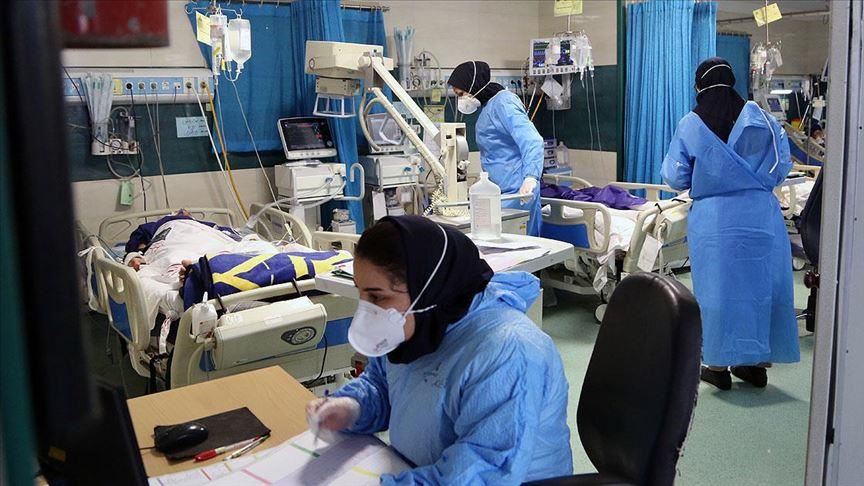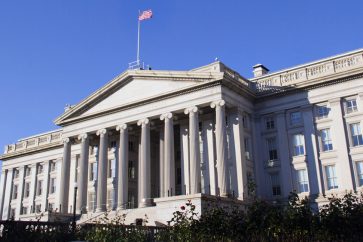Iran’s UN ambassador warns that the United States’ illegal sanctions run directly counter to the “digital equality” that developing countries direly need today to fight the COVID-19 crisis.
Majid Takht Ravanchi made the remarks to a United Nations General Assembly meeting held to address the issue of global digital cooperation, on Tuesday.
He noted how information and communications technology had unprecedentedly helped raising public awareness concerning the pandemic, and also played an important role towards prevention, diagnosis, and treatment of the unwelcome phenomenon.
However, the sanctions had sheerly widened the “digital divide” between the developed and developing countries at a time, when the science could have such a decisive effect on confronting the health crisis, the ambassador said. The bans, he noted, have been especially designed to target the general public as well as their right to life and healthy existence.
The US partially lifted the sanctions after entering a historic nuclear accord with Iran and world countries in 2015. Three years later, though, it illegally and unilaterally left the deal and returned the inhumane bans.
The Iranian official cautioned that if the difference in the level of digital advancement — that the coercive economic measures had brought about — were not remedied, it threatened the lives and wellbeing of people all over the world.
Past experience of dealing with such cases as the HIV and Ebola had shown how such scientific and technological platforms could help out remedial efforts, he said.
Takht Ravanchi insisted that the developed countries were, therefore, required to live up to their commitments to provide the necessary financial resources, transfer the right technology, and also pave the way for relevant developments in the area notwithstanding their political preferences.
Source: Iranian Agencies




